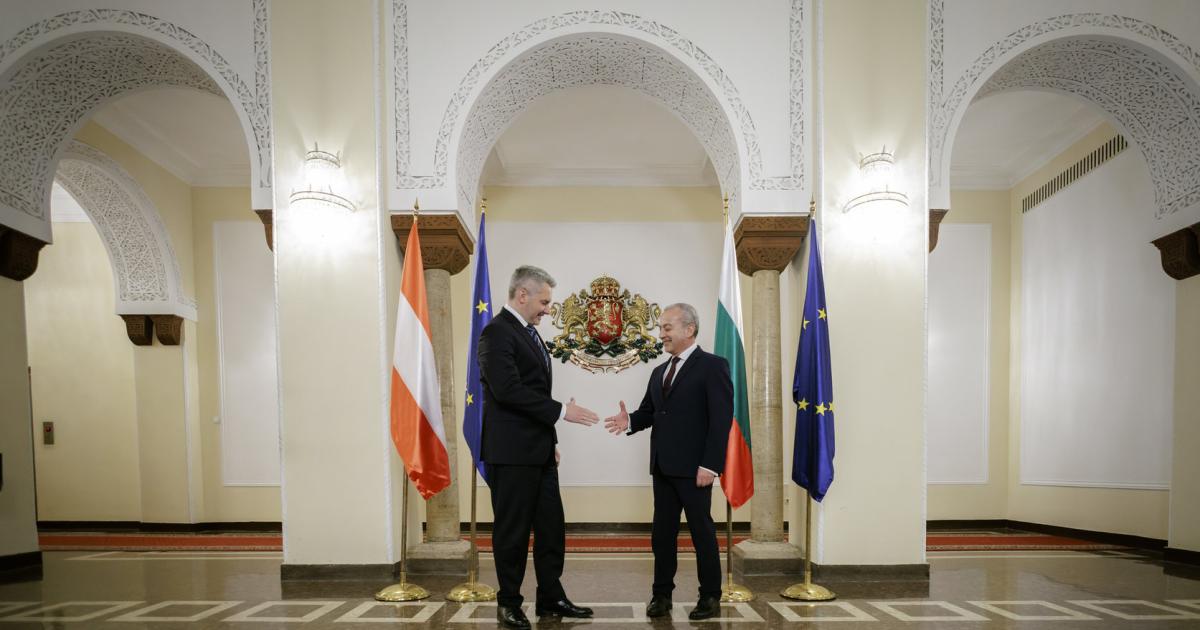Bulgaria’s government has abandoned its plans to introduce the euro in January 2024. Finance Minister Rossitsa Welkowa admitted to journalists on Friday that the country does not meet the necessary inflation criteria nor have the necessary legislative changes been implemented. Bulgaria joined the European Union in 2007.
The country is already in the European System of Fixed Exchange Rates (ERM-2) – an important step on the road to adopting the euro. This is to ensure that the national currency does not fluctuate too much. The euro zone currently has 20 members – Croatia was the 20th country to join in January.
poorest member state
“We didn’t keep our promises made when we joined the ERM-2 and we didn’t meet the inflation criteria,” Welkova said. Bulgaria is the poorest EU member state. The country is struggling to join the eurozone as it expects more investment and greater credit security. However, Bulgaria is struggling with political crises. The fifth parliamentary elections in two years are scheduled for April this year.
Welkowa also said that if there is no clarity on the introduction of the euro in the next six months, it could have a negative impact on the country’s credit rating. As the government will not issue a convergence report at the end of February, the planned introduction date of January 1, 2024 can no longer be maintained. Bulgaria can submit the report after July if it meets the criteria. If the country has the support of member states, it could join the euro zone by January 1, 2025, she added.

